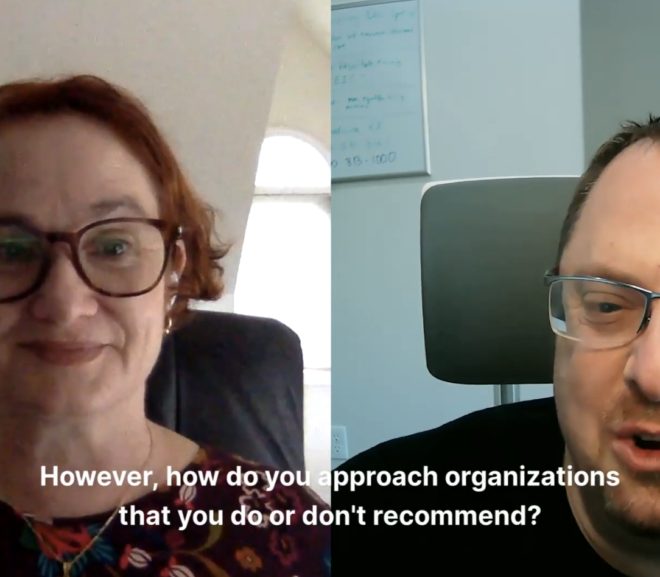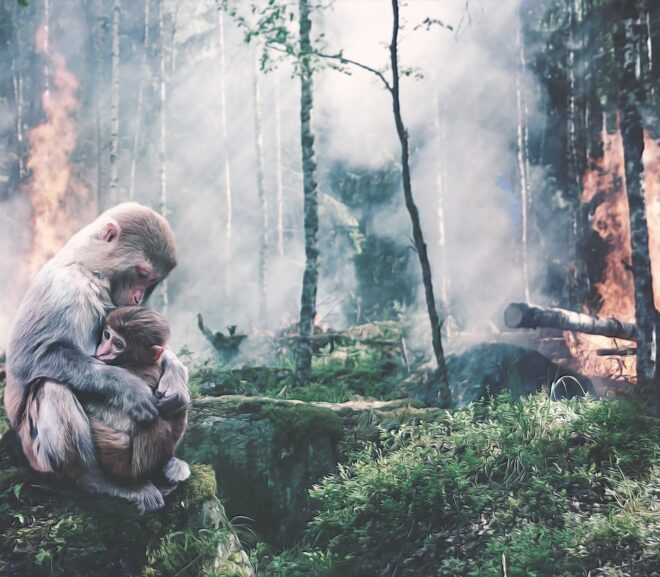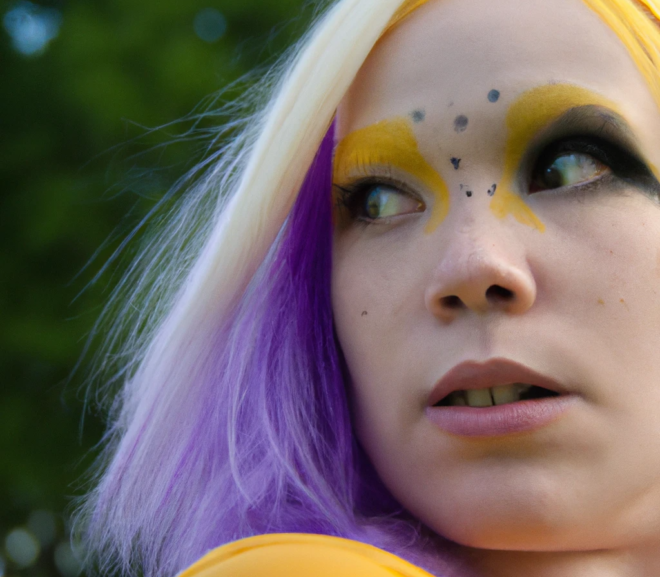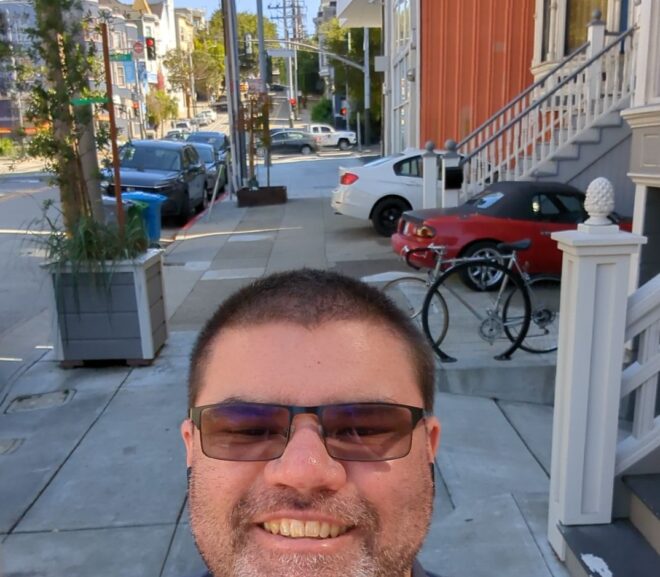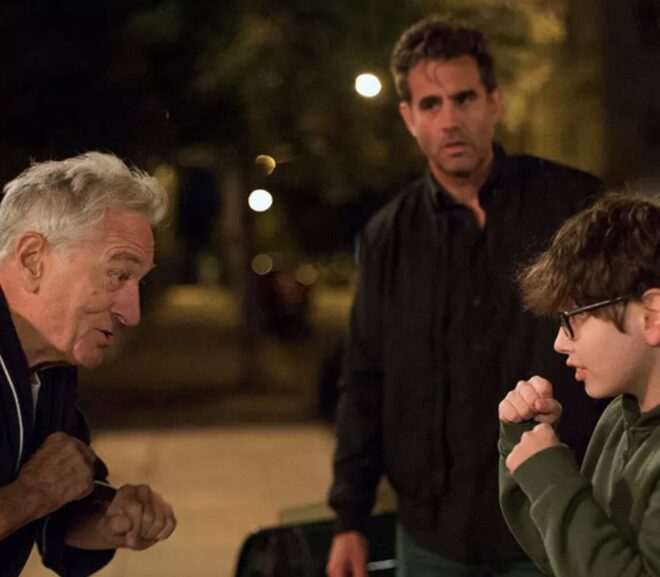Many autistic people find accepting compliments and being kind to ourselves difficult, especially if our experience has been that other people lambast us if we dare to exist openly while autistic.
Category: Autistic
Ashley Storrie, co-creator and star of Hulu’s series Dinosaur, talks with TPGA about incorporating her own autistic experiences into the show, and why storytelling is so crucial for wider understanding of underrepresented groups.
Considering the state of autistic representation in both music and film, giving ASD Band the classic rock doc treatment is one of the most revolutionary choices that the director could have made.
Senior editor Shannon Rosa talks with autistic podcaster Shawn Sullivan of Unheard Voices about what we do here at TPGA: Our passion for debunking autism misinformation, boosting neurodiversity advocacy, and fighting for disability rights. Shawn was a gracious host, and Shannon had a lot of opinions—all of which are correct.
Autistic people want to work as caregivers, but the system makes it difficult for them to stay in their jobs. This is a loss for the clients, who lose an autistic mentor, and for the autistic support worker, who can be both traumatized and unemployed.
Working with a physical therapist to find out ways to feel better, and also to support your health, can be an amazing and empowering experience for an autistic person.
Autistic people are usually left to our own devices when it comes to navigating a social world defined by non-autistic rules. And when we make social errors, it’s very common to wish to retreat. Here are some (hopefully) comforting guidelines for such situations.
Joseph Krauter is an autistic writer and tech worker who was diagnosed as an adult, while serving time at San Quentin Prison in California. We talked with Joseph about how his life could have been different with earlier diagnosis and supports, the difficulty of receiving an autism diagnosis while incarcerated, and how his life has changed since both his autism diagnosis and his re-integration into society.
The new movie Ezra shows that when autistic people are creatively involved in telling autistic stories, it strengthens not only representation, but the very quality of a film itself.
Autistic brains can be in danger of overload while grocery shopping. When that happens autistics needs a quiet space—fast. But there are usually none in big stores.


![Promo image for the movie ASD Band, showing the four band members partially backlit by low sun. Several film award logos in black are over their heads. At the bottom of the screen in large white letters is text reading "ASD Band: The Movie".]](https://thinkingautismguide.com/wp-content/uploads/2024/04/ASD-Band-The-Movie-5629071-660x577.png)
